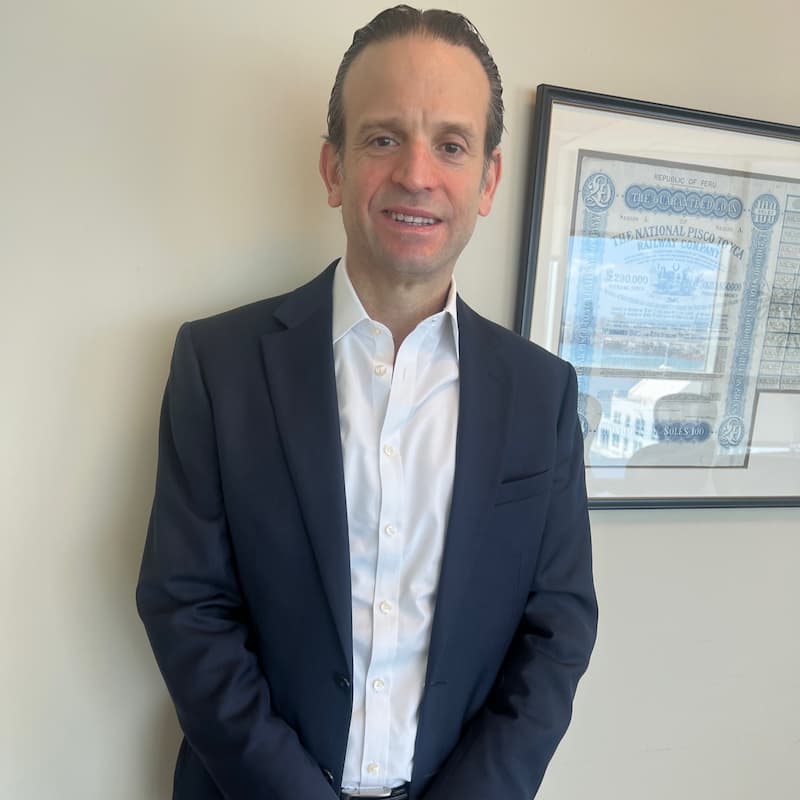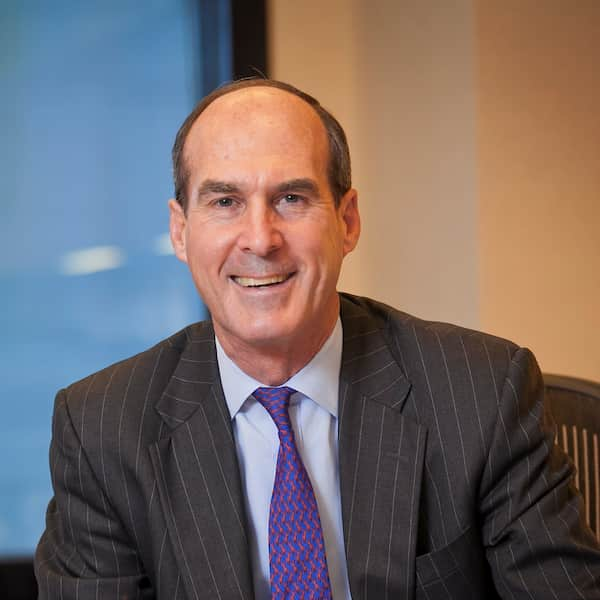Strategy
Miami’s Lucrative Latin American Market: Ample Opportunity, Proceed With Caution
.jpg)
Our US correspondent examines Miami's status as an international wealth hub, and the kind of business opportunities – and risks – that go with it. This the first of a two-part feature. In this article, FWR talks to firms such as WE Family Offices, Bolton Global Capital, Maximai Investment Partners, and AlTi Tiedemann Global.
Interested in setting up shop in Miami to serve the lucrative Latin American wealth management market?
Get in line: in addition to global banking powerhouses such as JP Morgan, UBS, Citibank and Santander, 60 other international banks, 600 US commercial banks, an estimated 1,800 money managers and hundreds of RIAs and family offices have offices in Miami, making the booming Florida city the second largest banking center in the United States, and seventh largest financial services hub.
While the domestic South Florida market is certainly asset rich, it’s the city’s position as the de facto financial capital of Latin America that makes Miami special.
.jpg)
According to the Miami-Dade Beacon Council, the metropolitan area is fast closing in on $2 trillion in foreign direct investment in financial services. Private banks alone in the region have an estimated $120 billion in assets. And Miami-Dade’s $219 billion GDP is comparable to Greece and Denmark.
“Wealthy families from Latin America used to gravitate to New York,” said Jose Remy (pictured below), Miami-based partner at AlTi Tiedemann Global. “But Miami’s growth has been turbocharged since Covid. The city has become more attractive culturally and investors are attracted to the safety of the United States. Now everybody wants to be here.”

Jose Remy
‘No limit to growth here’ but…
There’s no doubt that the demand for wealth management servicing
the Latin American market from Miami is abundant.
"The big banks dominate the higher end of the market,” said UHNW industry consultant Jamie McLaughlin (pictured below), “but Miami is still fertile ground for smart firms to exploit."

Jamie McLaughlin
“There’s no limit to growth here,” Alejandro Behrens, managing partner at Maximai Investment Partners in Coral Gables agreed. “The sky’s the limit.”
But appearances can be deceiving. To succeed in this very distinctive and very competitive market, financial advisors must proceed with extreme caution.
For example, wealth managers serving the Latin American market must carefully navigate a thicket of thorny regulatory and compliance requirements.
“There’s no question that there’s heightened supervision of foreign accounts,” said Raymond Grenier (pictured below), chairman of Bolton Private Capital. Regulation of foreign accounts is “very complex,” added Mel Lagomasino, managing director at WE Family Offices. “There’s a lot of scrutiny around investments and the compliance department has to conduct substantial due diligence. It’s a huge administrative burden.”

Raymond Grenier
What’s more, regulations affecting non-US clients are “evolving and changing all the time,” said Miguel Sosa, founding partner at Premia Global Advisors in Coral Gables. “You have to be able to keep up to stay competitive.”
Market’s "highest hurdle"
“Know Your Customer” regulations requiring financial firms to
verify client identities where their money originates is the
Miami market’s “highest hurdle,” according to a veteran wealth
manager familiar with the market. “One slip involving getting a
bad actor client can blow a hole in your boat – and sink
it,” the executive said.
US firms must comply with the Foreign Accounts Tax Compliance Act (FATCA), which requires reporting on financial accounts held by US taxpayers in foreign countries and can be complex when dealing with Latin American clients who may have dual citizenship or US tax obligations.
Wealth managers also must clarify whether a client is a “US person,” a legal definition with important tax consequences. Non-US individuals, for example, are subject to a hefty 30 per cent tax on gross interest, dividends, rent and other periodic income connected with a business outside the US.
"It’s all about anti-money laundering"
When it comes to regulating Latin American accounts in Miami,
Money laundering is the elephant in the room.
Latin America has been identified by the US government as a region with higher risks for money laundering; firms must comply with stringent Anti-Money Laundering (AML) and Counter-Terrorism Financing (CTF) regulations, including the Bank Secrecy Act (BSA).
“When it comes to compliance, it’s all about AML, AML, AML,” said Grenier. “You have to conduct background checks and determine the client’s source of income.”
Money laundering remains a “huge issue” in Miami, according to analyst William Trout, director of securities and investments at Datos Insights. Wealth managers in Miami repeatedly cited Morgan Stanley’s recent travails as a warning that many in town have taken to heart.
To expand its wealth business globally and Latin America in particular, the Wall Street firm apparently overlooked a significant number of high-risk clients, to the point that one in four of its international accounts were flagged in an internal report for elevated risks of money laundering, resulting in government investigations, according to a Wall Street Journal last November.
"International business is a blessing and a
curse"
But some executives in Miami maintain that new technology and
stricter enforcement has considerably diminished the volume of
money stemming from unverified foreign sources being converted to
U.S. assets.
“There’s much more transparency now,” said Sarah Jacobson, a partner at Day Pitney, one of the leading law firms with an international practice in Miami. “Controls are more robust and the industry is going in the right direction,” agreed Antonio Gonzales, head of Latin America business for Citi Private Bank.
For its part, Morgan Stanley has vowed to improve its compliance measures and is transitioning from traditional paper-based processes to a digital client vetting system.
One former executive cited the firm’s experience as a cautionary tale for firms considering expanding their global clientele: “The international business is a blessing and a curse,” the executive said. “It’s a growth business but the risk is enormous.”
Part Two of our special report on Latin American will cover how wealth managers in Miami work with their clients.
